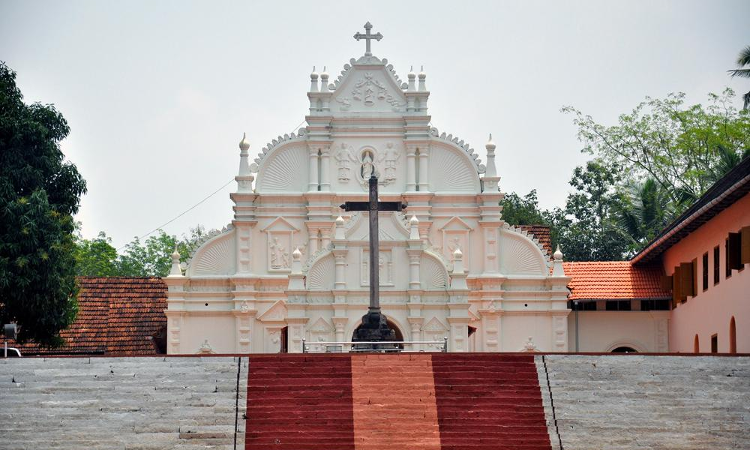'A Tragedy Of Mammoth Proportions': Kerala High Court Expresses Distress In Church Feud Case
Hannah M Varghese
27 Oct 2021 10:50 AM IST

Next Story
27 Oct 2021 10:50 AM IST
Dissatisfied by the developments ensuing in the never-ending dispute between the Orthodox and Jacobite factions in the State, the Kerala High Court made significant observations in the matter on Tuesday.Calling the entire matter a 'tragedy', Justice Devan Ramachandran orally remarked:"The problem here is that blood is being shed at the cost of faith. Is it worth it? Who benefits from this? I...
